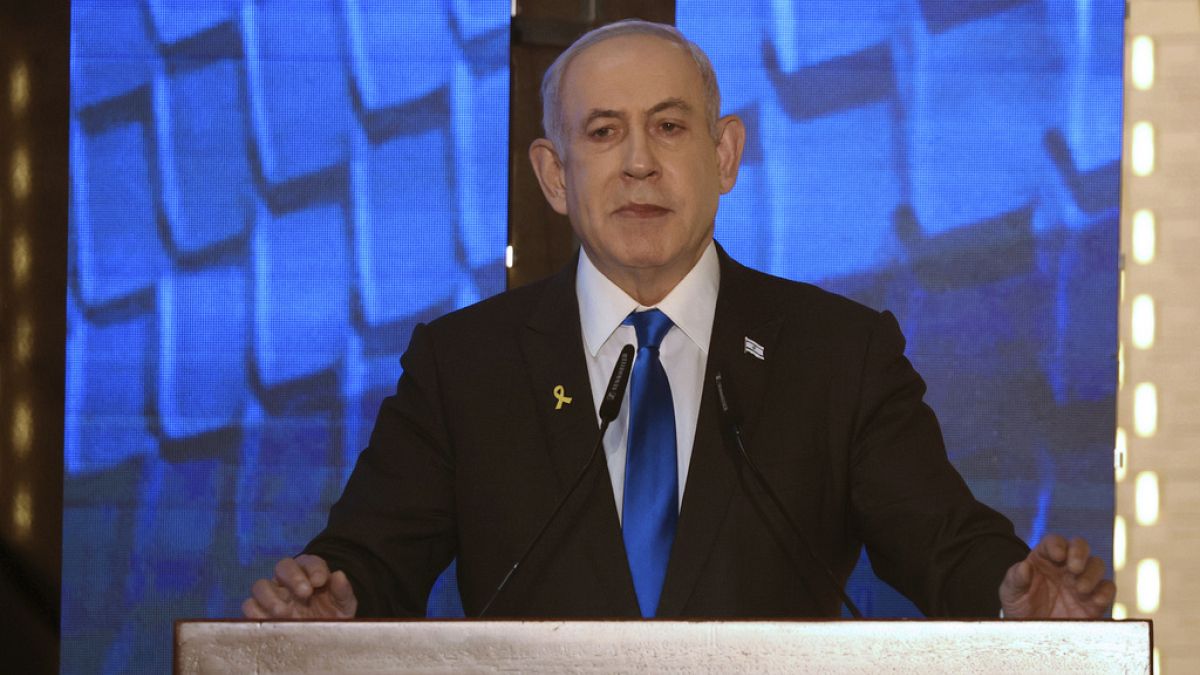Several Western leaders, including US President Joe Biden, have rejected the International Criminal Court’s (ICC) chief prosecutor’s decision to seek arrest warrants for Israeli Prime Minister Benjamin Netanyahu and three Hamas leaders. The ICC Chief Prosecutor, Karim Khan, accused Netanyahu and Defense Minister Yoav Gallant of using starvation as a method of warfare and targeting civilians, while Hamas leaders Yehya Sinwar, Mohammed Deif, and Ismail Haniyeh are also accused of war crimes and crimes against humanity. In response, Biden supported Israel and emphasized that there is no equivalence between Israel and Hamas. The US Secretary of State, Antony Blinken, also rejected the decision, calling it “shameful.”
Israeli officials, including Netanyahu, President Isaac Herzog, and Foreign Minister Israel Katz, denounced the comparison between their government and Hamas. Netanyahu expressed disgust at the prosecutor’s comparison, highlighting the differences between Hamas’ actions and the IDF’s efforts to defend its citizens. Hamas, on the other hand, criticized the ICC prosecutor’s actions, stating that it equates the victim with the executioner. Austrian Chancellor Karl Nehammer and UK Prime Minister Rishi Sunak’s spokesperson expressed concerns about the ICC’s decision, with the UK highlighting that it does not recognize Palestine as a state and Israel is not a party to the Rome Statute.
While some Western leaders have rejected the ICC’s decision, others have shown support for the chief prosecutor. Irish minister Micheál Martin defended the ICC and condemned threats against the court, emphasizing the importance of upholding international law and ensuring accountability for heinous crimes. South Africa welcomed the news and supported the chief prosecutor, emphasizing the need for equal application of the law to uphold the international rule of law and protect the rights of victims. The reactions from global leaders highlight the complexity and controversy surrounding the ICC’s decision to seek arrest warrants for Israeli and Hamas leaders.
The rejection of the ICC’s decision by Western leaders like Biden and Blinken reflects the ongoing political tensions and divisions surrounding the Israeli-Palestinian conflict. By supporting Israel and rejecting the equivalence drawn between Israel and Hamas, these leaders are emphasizing their commitment to Israel’s security and condemning what they see as an unfair comparison. The statements from Israeli officials further underscore the dissatisfaction with the ICC’s decision and the belief that it fails to accurately assess the actions of Hamas and the Israeli government.
On the other hand, the support for the ICC’s decision from leaders like Martin and Ramaphosa demonstrates a commitment to international law and accountability for human rights violations. By defending the ICC and condemning threats against the court, these leaders are advocating for the impartial application of the law and the protection of victims’ rights. The responses from these leaders reflect a broader commitment to upholding international norms and promoting justice in conflict situations.
Overall, the reactions to the ICC’s decision to seek arrest warrants for Israeli and Hamas leaders illustrate the complex dynamics at play in the Israeli-Palestinian conflict. While some leaders reject the decision, citing concerns about impartiality and fairness, others support the chief prosecutor and emphasize the importance of accountability and upholding international law. The divergent reactions underscore the challenges of addressing alleged war crimes and human rights violations in a highly polarized and contentious conflict. As the situation continues to unfold, it remains to be seen how global leaders will navigate these complexities and work towards a resolution that prioritizes justice and peace in the region.











